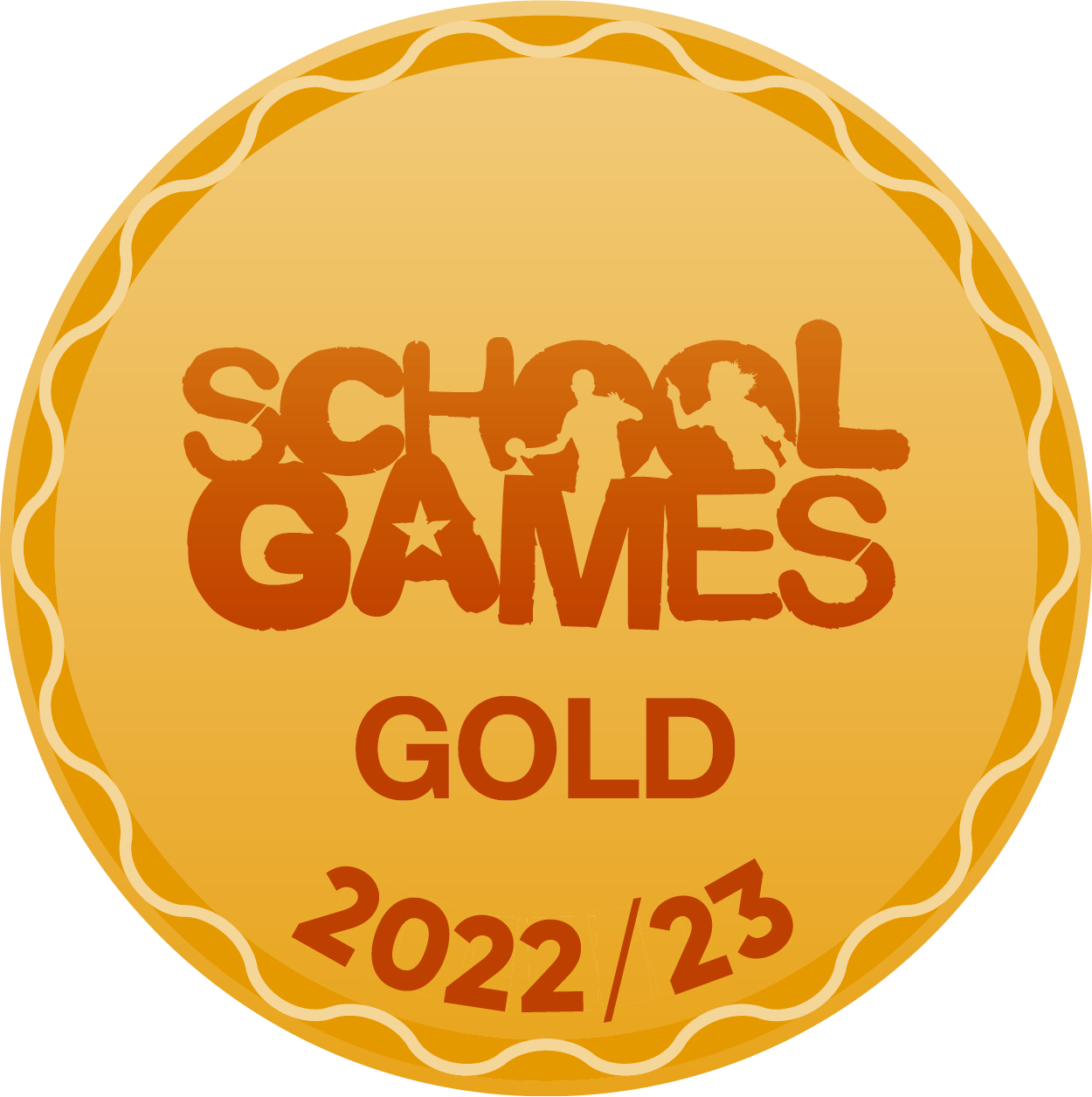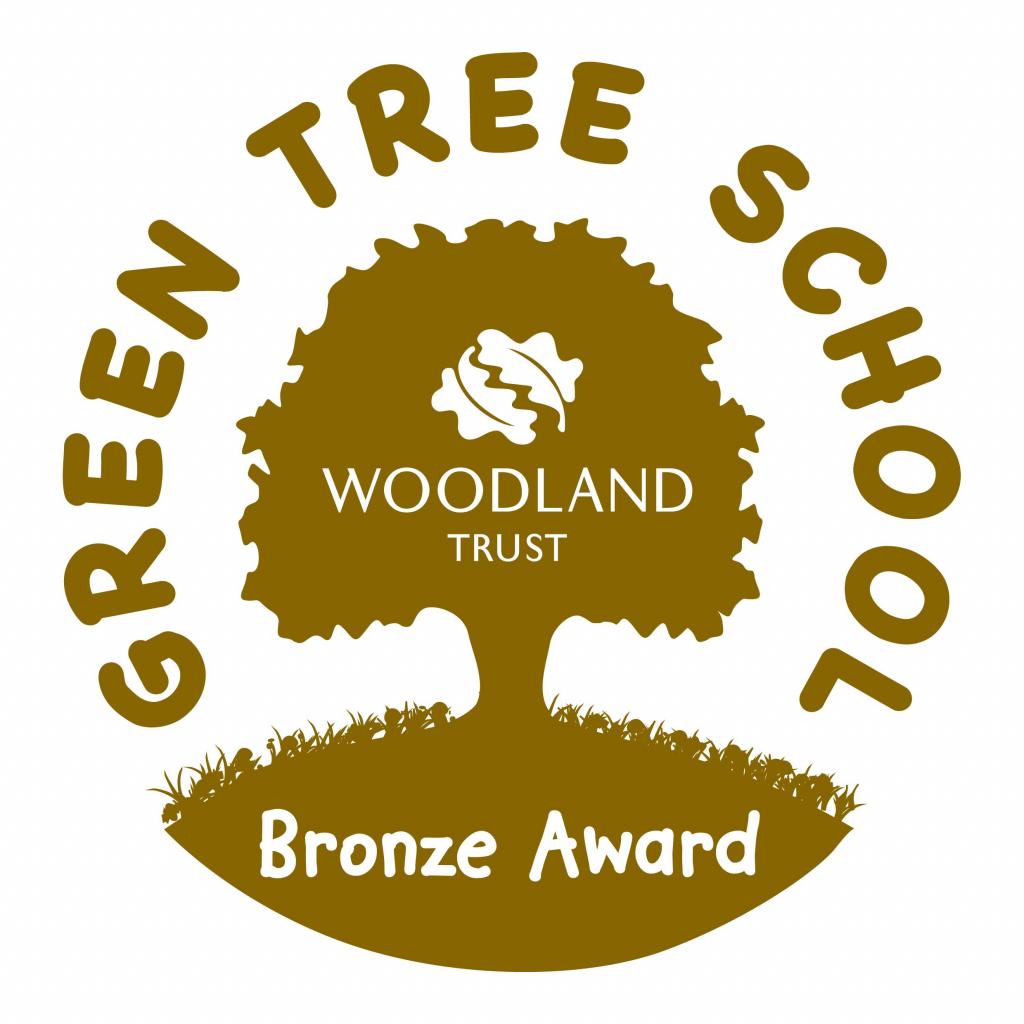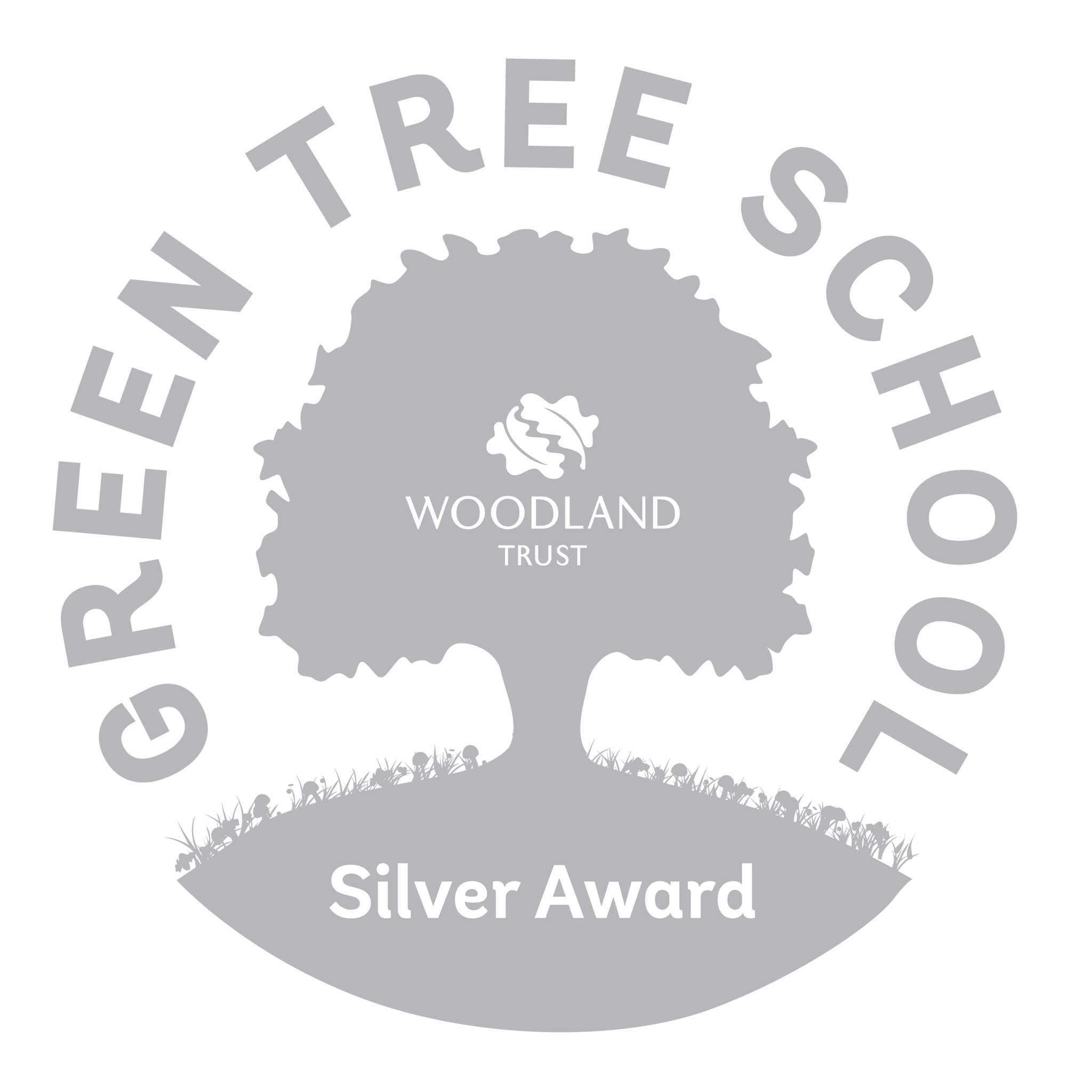Our subject leader for Geography is Mrs Anna Maloney
The study of Geography should inspire in pupils a curiosity in the interactions between humans and their environments - at local, regional, national and global levels. The EYFS and National Curriculum will provide a structure and progression for the Geography curriculum taught throughout the school, which is delivered through our rolling 2 year plan. We endeavour to ensure that the Geography curriculum we provide will give children the confidence and motivation to continue to further develop their skills into the next stage of education and adulthood.
Intent
The intent of our Geography curriculum is to deliver a curriculum which is accessible to all and that will maximise the outcomes for every child so that they know more, remember more and understand more. As a result of this they will:
- develop a curiosity and appreciation of the world around them;
- develop understanding of significant places (local, national and global) and their human and physical characteristics;
- understand how the interaction between human and physical geographical features can bring about change over time and differences between locations;
- know and use subject specific vocabulary accurately in oral and written work;
- develop skills in collecting, analysing and communicating data gathered during fieldwork;
- develop skills in interpreting a range of sources of geographic information; maps, diagrams, aerial photographs and Geographical Information Systems (e.g.Digimaps);
- communicate their geographical information in a variety of ways, including through maps, numerical and quantitative skills and writing at length.
Implementation
EYFS
The EYFS Curriculum for Understanding the World: People Cultures and Communities: The Natural World is taught in a variety of ways through adult-led and adult-supported tasks and child initiated learning in well resourced provision areas, both indoors and outdoors.
KS1 & KS2
A clear long term plan is in place, involving a rolling 2 year programme. This ensures that all keys topics are covered and supports the progression of skills across our mixed age classes. Incorporating the study of local locations (e.g. Thornton in Craven, Bradford and The Yorkshire Dales) fosters children’s curiosity in their local environment and our cultural and industrial heritage.
Children will gain knowledge and understanding of Geographical Vocabulary. They will have access, through displays and lessons, to key vocabulary and readily apply geographical terminology to written and verbal communication of their understanding.
Varied lessons will develop and engage Geographical learning. Children access and acquire learning through enquiry, using a variety of geographical sources including fieldwork. Alongside annual fieldwork studies further encrishment activities are used to enhance learning by providing a real life geographical context for the childrens classroom learning. The curriculum is organised to create links between different subjects, supporting different learning styles and providing a more holistic approach.
Progression and assessment
EYFS
Regular observations and assessments are recorded using an on-line journal (Tapestry) and contribute to the summative assessment at the end of EYFS using the Early Years Outcomes for Understanding the World: ‘People, Communities, and culture’ and ‘The Natural World’.
KS1 & KS2
Regular and ongoing observational assessments are made and recorded. The geography topics are revisited at regularly using sticky learning activities to ensure children have remembered what they have learned. The information from the teacher’s assessments contributes to an end of year summative assessment.
Impact
The vast majority of children will achieve age related expectations in Geography at the end of their cohort year.
Children will be able to discuss how humans interact with their environment and relate it to their own lives and those of others.
Impact will be reviewed through observations and assessments of pupils’ learning to identify how much knowledge and understanding they have gained and remembered over time.
Time Allocation
Geography is taught in weekly lessons of 1 hour in three half term blocks (History is taughgt in remaining three half terms)
The Geography Co-ordinator is responsible for
- Monitoring the teaching and learning of Geography and to ensure that children know more, remember more and understand more about Geography.
- Overseeing and implementing the policy.
- Writing an annual action plan for The School Improvement Plan and evaluating progress throughout the year.
- Attending INSET and local Network meetings to provide staff with appropriate feedback.
- Attending regular courses to keep knowledge up to date and feedback to staff upon return.
- Membership of Geographical Association-keeping up to date with developments in the teaching of primary Geography.
- As a curriculum leader in Geography, recognise the importance to ensure that children with identified Special Educational Needs and/or Disabilities have access to an ambitious Geography curriculum. Within the curriculum area of Geography, SEND children will be provided with reasonable adjustments through their tasks and level of challenge provided. Advice can be sought from the school's SENDCO where applicable.



















.png)



